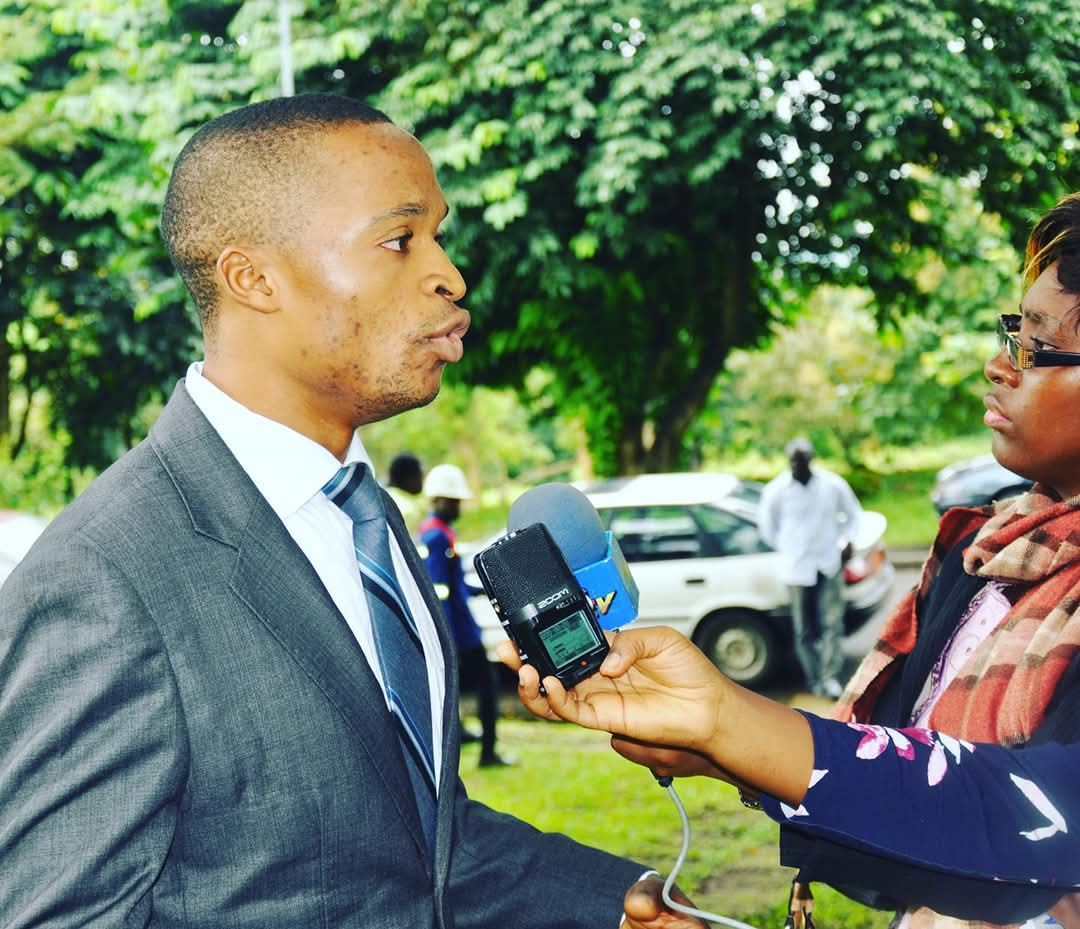Our Strategic Priorities
Our Peacebuilding Approach
Our areas of work align with our objectives, mission, and strategic focus, aimed at building peace through research, community-driven solutions, and policy recommendations. These guide our planning, decision-making processes, and field activities. We believe that the needs of the communities where we work are diverse, and to better tailor our activities, research serves as a starting point of engagement. The findings from the research then inform decision-making on what kinds of activities and modalities to adopt, and how best we can maximize impact with the limited resources we have. Whatever the modality of activity implementation, we coordinate with community stakeholders such as local government officials, civil society and community-based organisations, existing village conflict prevention and conflict resolution structures, as well as community members who are directly impacted by our activities. Our experiences from the grassroots expose us to different policy issues that need to be addressed for a supportive policy environment. We combine our cutting-edge research and field experiences to produce policy-relevant documents and equally engage stakeholders through workshops and seminars.
To enhance efficiency and maximize impact in our priority areas, we adopt an integrated approach to our work. Our activities in each community are cross-sectoral, with the skills of our staff regularly strengthened to meet the changing trends of field realities. We employ the “Do No Harm” principle and are sensitive to different contexts where we work.
Community Engagement

Community engagement is at the core of our peacebuilding work. We work with community stakeholders to strengthen local ownership and ensure meaningful participation in project activities. We create inclusive spaces where community members actively participate in peacebuilding and prevention of conflicts and violent extremism. Given the divergent needs of people affected by conflict, such as in the communities where we work, we begin our peacebuilding project cycle by carrying out an assessment in search of evidence that guides our peacebuilding activities. We do this by conducting key informant interviews with community leaders, focus group discussions, and quantitative surveys with community members to understand the issues in the community and how they affect different demographics. Activities under this thematic area are not only limited to youth but also include men and women, addressing their different needs. For instance, the agency of women as mediators and peacebuilders is often excluded in mediation and conflict-resolution processes, while they perpetrate almost no violence. These are some of the issues that our work addresses.
Under this theme, we equally identify and strengthen peacebuilding and conflict prevention structures in the rural communities where we work. We train members of these structures on topics such as non-violent communication, conflict resolution, violence interruption, how to separate observations from judgments, express needs without accusation, and focus on mutual interests to resolve conflicts. These trainings use role-playing exercises based on past local incidents. We work with these structures to develop protocols to intervene quickly after incidents, identify high-risk individuals, and deploy respected community figures to prevent retaliatory actions through targeted mediation before conflicts escalate.
Livelihoods and Economic Inclusion

Considering Cameroon’s agricultural potential, we engage rural communities in agriculture and agribusiness by promoting sustainable agricultural production and value addition through transformation. We provide hands-on training to rural women and youth on sustainable agricultural practices such as organic farming, production of organic manure, mushroom, and snail farming to improve food security and boost household incomes. Equally, we train them in entrepreneurship, business plan development, bookkeeping, and stock management. This enables them to track production and sales in order to mitigate losses and generate profit.
Beyond agriculture, we also engage young people in acquiring tech skills such as website development, graphic design, innovation, and entrepreneurship training. These skills empower them to start income-generating activities (IGAs), helping to prevent violent extremism among youth while restoring their dignity and self-respect. These activities are implemented by sector experts who are part of our team. Implementation is after thorough needs assessments, local labour market analyses, and modality due diligence.
Research and Policy Advocacy

Through our Research and Policy Advocacy Unit, we conduct extensive desk reviews of secondary materials and collect primary data through key informant interviews, focus group discussions, and surveys to inform our programme design. These findings enable us to write policy briefs and advocate for a supportive policy environment. We source secondary data from government policy documents, academic institutions, research centres, sectoral think tanks, as well as inter-governmental and non-governmental organisations. Our advocacy efforts include direct engagement with key stakeholders and indirect approaches through the media, forums, seminars, and conferences. Our team comprises experienced researchers in peacebuilding and international development, with extensive field experience in the grassroots communities where we work, as well as international exposure in our priority areas. This combination brings a unique blend of academic expertise and practical peacebuilding experience in conflict-affected communities in Cameroon. This positions us well to advocate for policies that are responsive to local realities.
Monitoring, Evaluation, Accountability and Learning
To build peace the RIGHT way, we employ cutting-edge MEAL systems throughout our project cycles to ensure maximum impact while optimizing the use of limited resources. Our MEAL framework helps us track progress against project objectives and key indicators. This enables us to ensure that project activities align with theory of change and logical frameworks. MEAL supports our decision-making processes and enables us adapt strategies to achieve maximum impact. The complaint and feedback mechanisms we put in place ensures that stakeholders, including beneficiaries, are actively engaged and their feedback is integrated into project improvements, fostering transparency and trust.
